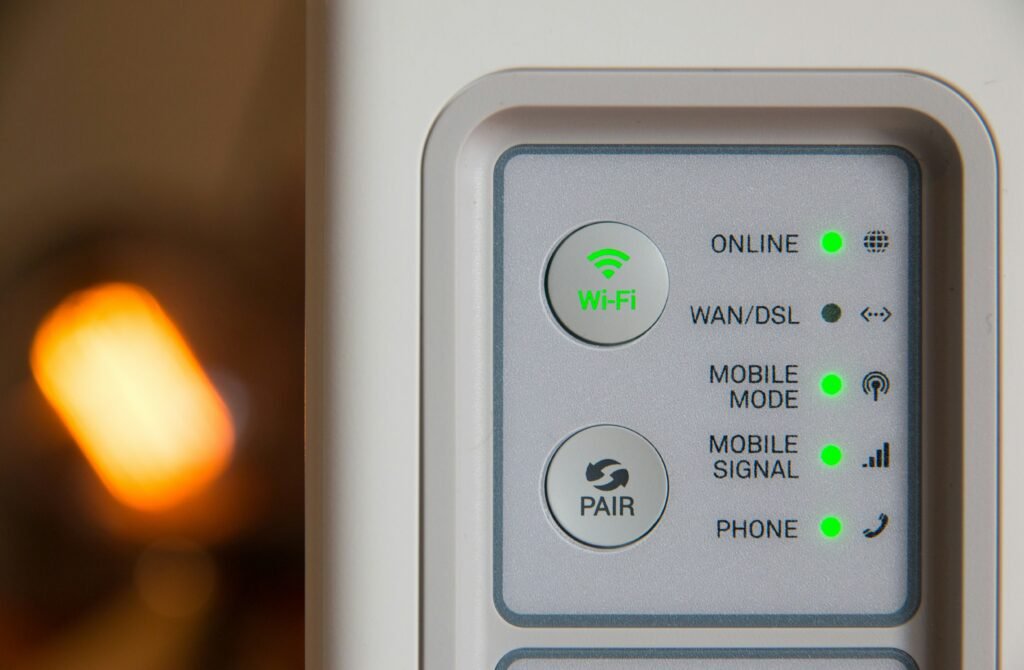Apple has extended its modem chip licensing agreement with Qualcomm through March 2027, according to Qualcomm’s recent earnings call. This two-year extension means that future iPhone generations can be expected to incorporate Qualcomm modems. Although Apple has been working on developing its own 5G modem chip, the progress has experienced delays, prompting the company to continue relying on Qualcomm for the technology. It is uncertain when Apple will be able to release its own modem chip that can match or surpass Qualcomm’s performance. In the meantime, the upcoming iPhone 16 Pro models, set for release in 2024, are rumored to feature Qualcomm’s Snapdragon X75 modem with enhanced carrier aggregation and greater power efficiency.

Background
Apple has recently extended its modem chip licensing agreement with Qualcomm through March 2027, as announced during Qualcomm’s first earnings call of 2024. This extension means that we can expect to see Qualcomm modems in the upcoming generations of iPhones.
Apple’s decision to extend the agreement comes after years of efforts to develop its own 5G modem chip in-house. The company has aimed to reduce its reliance on Qualcomm for 5G chips and create its own technology. However, Apple has faced numerous delays and challenges along the way, resulting in missed targets and postponed release plans.
Apple’s Efforts for In-House Modem Development
Apple has been working tirelessly on developing its own 5G modem chip for several years now. The company’s goal has been to have full control over the production and design of its modem technology. By creating its own modem chip, Apple would no longer have to depend on external suppliers like Qualcomm.
Despite the ambitious aim, Apple has faced significant delays in its progress. In November 2023, Bloomberg’s Mark Gurman reported that the development of Apple’s modem chip had been postponed until late 2025 or 2026. This suggests that further delays are not out of the question. Initially, Apple aimed to have its own modem chip ready by 2024, but unfortunately, it failed to meet that target. Additionally, the company had plans to introduce the modem chip in an iPhone SE model set to launch in spring 2025, but that goal has also been pushed back.

Qualcomm’s Patent License Agreement Extension
Apple’s decision to extend its agreement with Qualcomm was a unilateral one. This means that Apple independently opted to extend the existing global patent license agreement for an additional two years, taking the partnership between the two companies through to March 2027. The specifics of the agreement and its terms have not been disclosed publicly at this time.
The extension of the patent license agreement indicates that Apple recognizes the value and importance of Qualcomm’s modem technology. Despite Apple’s efforts to develop in-house modem chips, the company still sees the benefit in utilizing Qualcomm’s expertise in this field.
Challenges and Setbacks in Apple’s Modem Development
Apple has encountered several challenges and setbacks during its pursuit of in-house modem development. One major issue has been with the Intel code that Apple acquired when it purchased Intel’s modem chip business. The code has presented various difficulties, including the need for extensive rewriting and the introduction of new features that have caused existing features to break. These challenges have contributed to the delays in Apple’s progress.
Another significant obstacle that Apple has had to navigate is avoiding patent infringements. As Qualcomm holds a vast number of patents related to modem technology, Apple must ensure that its in-house development does not infringe on any of Qualcomm’s intellectual property rights. This requirement adds an extra layer of complexity to Apple’s modem development process and necessitates careful attention to detail.

Upcoming iPhone Models and Use of Qualcomm’s Modem
Despite Apple’s ongoing efforts to develop its own modem chip, the upcoming iPhone 16 Pro models, slated for release in 2024, are rumored to utilize Qualcomm’s Snapdragon X75 modem. This modem is expected to bring improvements in carrier aggregation and power efficiency. While this suggests that Apple has not yet achieved its goal of complete independence from external suppliers for modem technology, it also highlights Qualcomm’s continued relevance and contribution to the iPhone ecosystem.
Overall, Apple’s extension of its modem licensing deal with Qualcomm and the utilization of Qualcomm’s modems in upcoming iPhone models indicate a nuanced approach to modem development. While Apple aspires to create its own modem chips, the realities of the industry and the complexities of development have necessitated collaboration with established players like Qualcomm.
Conclusion
Apple’s decision to extend its modem chip licensing agreement with Qualcomm through March 2027 reflects the challenges and complexities of modem development. Despite Apple’s efforts to develop its own 5G modem chip in-house, delays and setbacks have prompted the company to rely on Qualcomm’s expertise in the interim. The upcoming iPhone 16 Pro models are expected to feature Qualcomm’s Snapdragon X75 modem, showcasing the ongoing partnership between Apple and Qualcomm. As the pursuit for in-house modem development continues, it remains to be seen when Apple will achieve its goal of complete self-sufficiency in modem technology.









